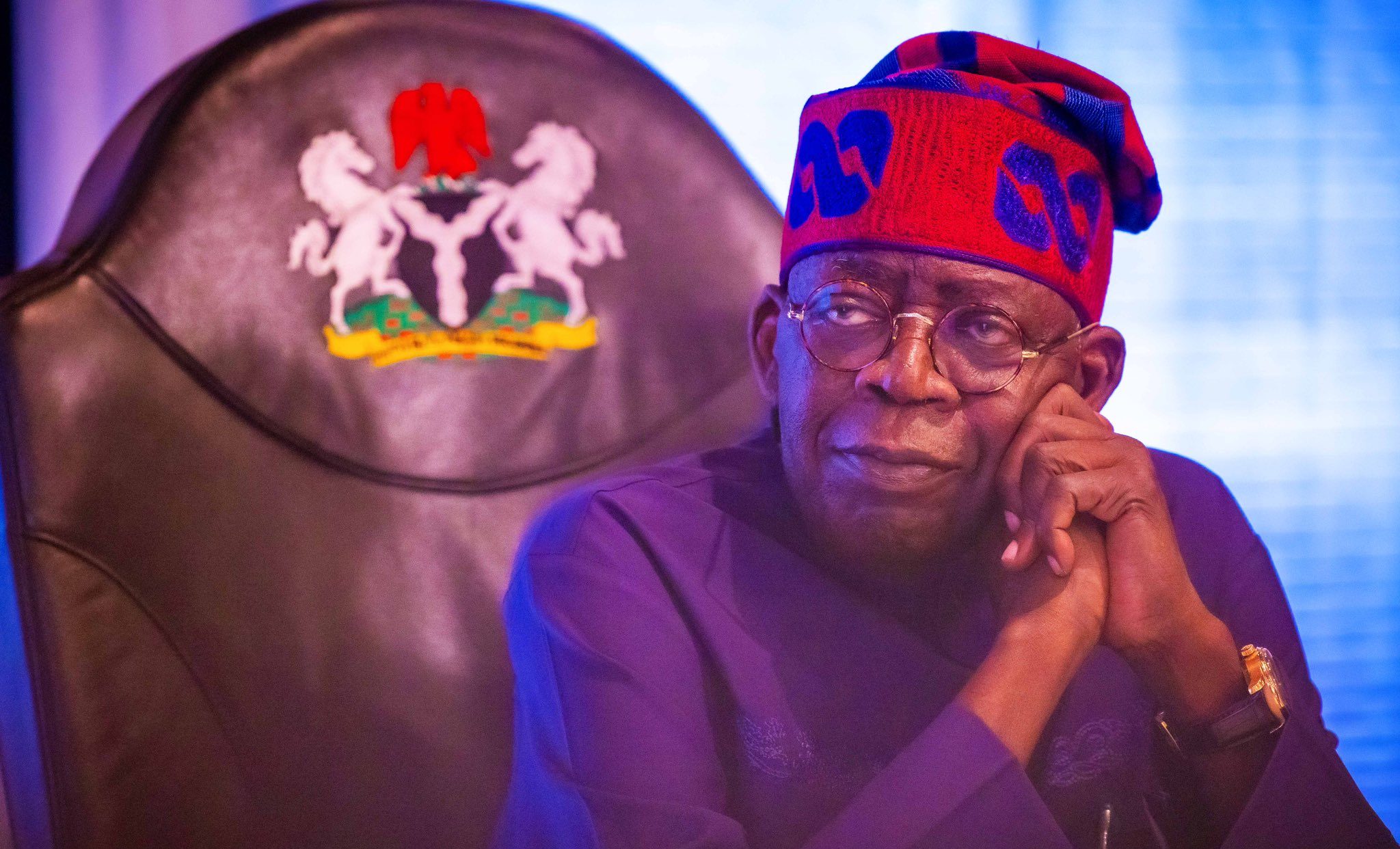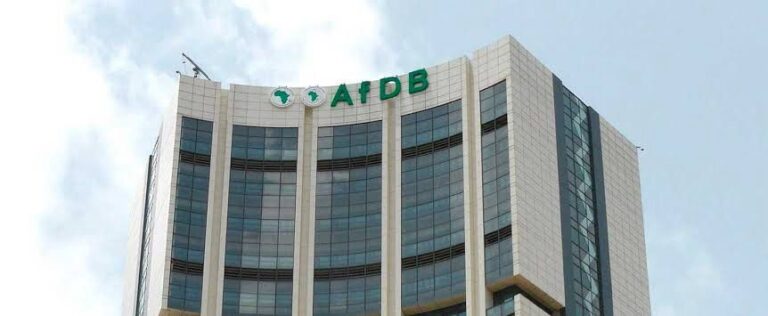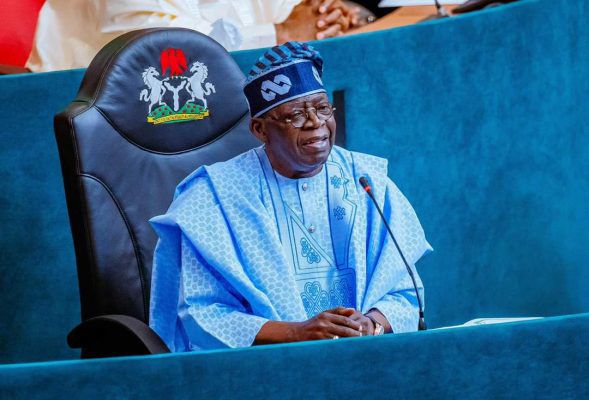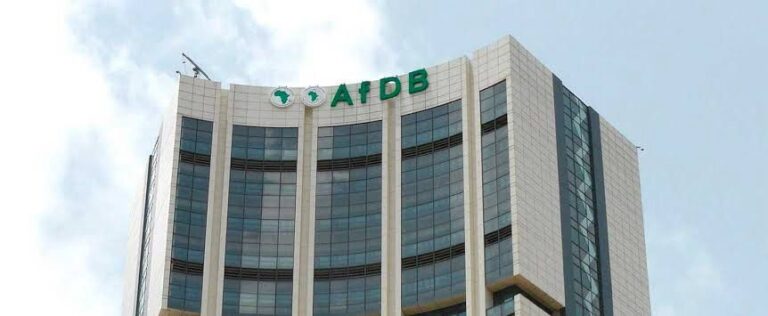On Wednesday 31st of July, as many Nigerians were making plans either to be part of the nationwide protests scheduled for the next day or watch proceedings online, the National Assembly hurriedly amended the Central Bank of Nigeria Act 2007. The lawmakers passed a bill to amend Section 38 of the CBN Act, raising the allowance for federal government borrowings from the Central Bank of Nigeria to 10%, from the previous threshold of 5%.
Known as ways as means, the process is supposed to serve as an emergency form of funding for the government, limited to 5% of the previous year’s actual revenue, so as not to threaten the macroeconomic stability required for growth and jobs. However, since the bastardization of the process by President Muhammadu Buhari, the Tinubu government has now legislated what was an illegal practice under the former President.
In the presentation of the bill, Senate Leader Opeyemi Bamidele touted three reasons for the increase. First, the bill will help finance budget deficits. Second, the loans will support essential government expenditures, stabilize the financial markets by preventing government default, and stimulate economic activity by creating jobs. Third, the increase will allow the government to support critical sectors such as agriculture and healthcare and provide infrastructure development while reducing borrowing costs by offering cheaper funds than traditional methods.
There are many dimensions to this. I will focus on two. First, the process.
While this measure had been mooted before, the timing and speed of passing the bill shows legislative recklessness. From widely available reports, the opposition to the bill was more than those in favour of it, but it still passed. For all intent and purposes, the current National Assembly is not pretending to surpass the pedestrian approach to legislative matters by the last session and continues to exhibit a joyous admission that it is prepared to pass any bill presented to it by the executive.
It is no wonder that the National Assembly is not contended with the callousness of a voice vote in 2024 but also passed such a significant with such speed.

To their credit, the National Assembly is attempting to legitimize the gross illegality under President Muhammadu Buhari. As data from Dataphyte shows, the ways and means under President Buhari were between 37.2% in 2017 and 138% in 2021. In addition, contrary to the stipulation of the Act, the ways and means were secretive, and the repayment was only securitized to be paid over 40 years at the administration’s twilight.
That brings me to the second dimension of it.
Contrary to what the legislators that supported this bill think, the rise in the borrowing allowance from the central bank will not only not solve the problem, but it is also tying the hand of the Central Bank governor in his efforts to stabilize the Naira and prices. I wonder who is going to tell our lawmakers that the reason we are in this mess is because the federal government is not disciplined about its finances. Who is going to tell President Tinubu that the raise is for deficit expenditure because the budget was optimistic and unrealistic in the first place?
Who is going to tell President Tinubu that deficits can also be addressed by cutting costs and not raising revenues by printing money that generates greater levels of macroeconomic instability? Who is going to tell President Tinubu that Nigerians don’t believe his economic policies anymore because he is quick to expand government expenditures on the pleasures of government officials but very slow in implementing policies that cut government costs such as the Oronsanye report?
In conclusion, the reason Ways and Means is called inflation tax is not just because it causes unsustainable levels of inflation as we have now, it’s also because it enriches the federal government at the expense of the State governments, the private sector, and the citizens.

In addition, its effects on price instability are what destroy the economy’s ability to grow and create jobs. It is the effects of inflation that lead to capital flight and increases in interest rates for investors and manufacturers. It is the government borrowings’ effect on prices and instability that continues to drive the Naira’s instability.
Who is going to tell President Tinubu that when you are in a crisis, you stop digging? And by extension, you don’t tie the hands of your central bank governor who is been held responsible for stabilizing the economy, but the root cause is unsustainable fiscal practices such as the federal government continuously spending monies it has not earned.












